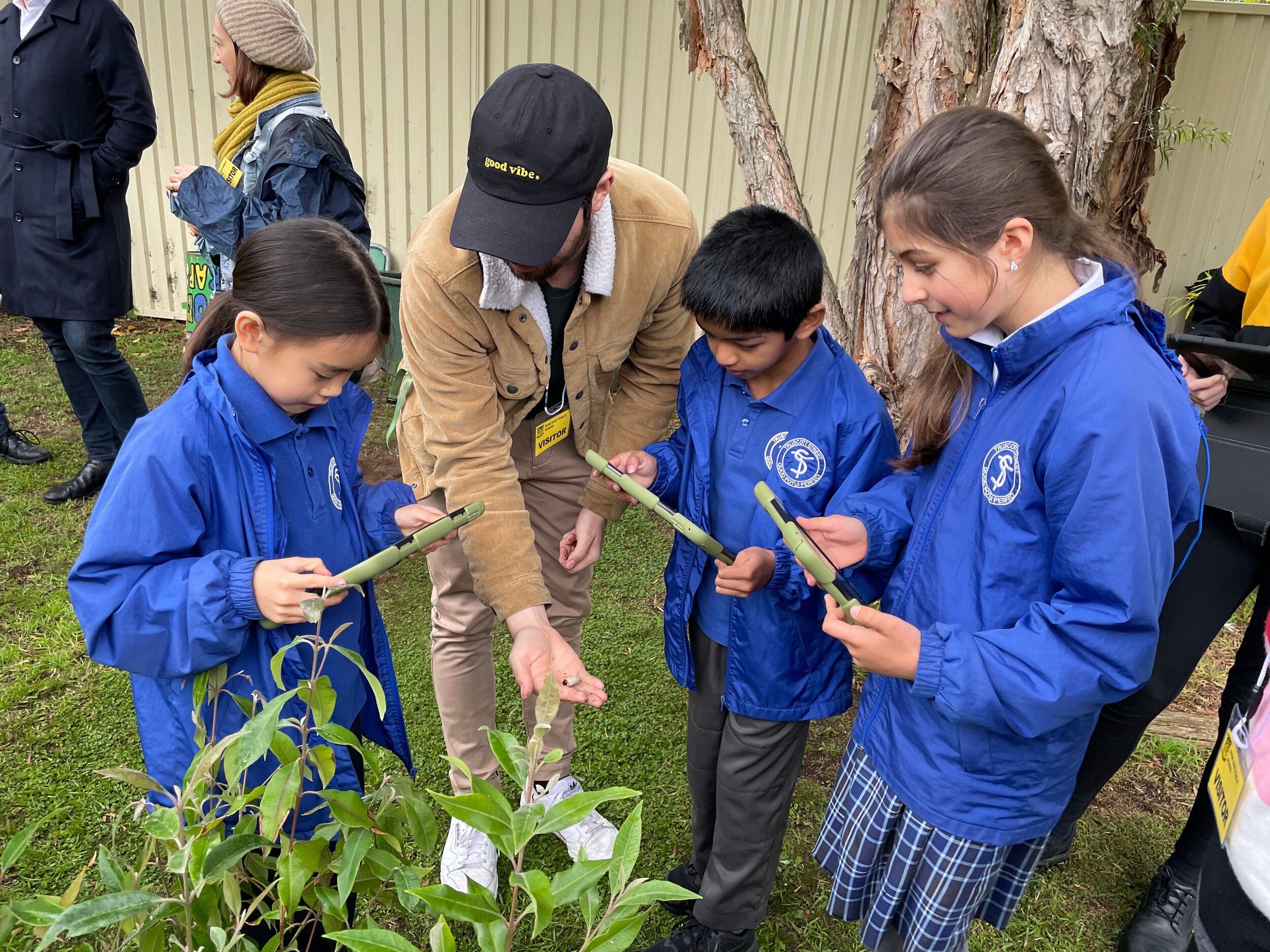With COVID-19 lockdowns meaning more limited access to nature, it is important to find ways to encourage children, teens – in fact, all of us – to reconnect to biodiversity and all it offers.
PlantingSeeds’ B&B Highway’s new citizen science session and resources, developed in collaboration with the CSIRO’s Atlas of Living Australia, is focusing on doing just this. Recognising the incredible potential of urban dwellers’ observations captured via Smart device photos, PlantingSeeds and the CSIRO are encouraging students and parents to upload images of pollinators to the national biobank via the iNaturalist website and app.
The B&B Highway’s new citizen science session and resources are responding to new research * published this month which suggests parents and educators seeking to reconnect youth with nature should focus on the transition between childhood and the teenage years.
The University of Sydney research found one in two children aged 8 to 11 felt strongly connected to nature. However, only one in five teens reported strong nature connections.
Through our new citizen science session and offerings, schools will be able to position themselves on a B&B Highway iNaturalist dashboard. The activity provides information on species and distribution and helps scientists with strategies to help endangered plants and animals. Of course, it also encourages everyone to get outside to appreciate nature.
We have made it easy with a step-by-step approach and guide. We have also developed training sessions for schools which we are rolling out this month. For more information, email: info@ps.org.au
Say the UniSyd study’s authors, ensuring urban children maintain nature connections through adolescence is crucial to tackling Earth’s serious environmental problems. Additionally, research demonstrates that stronger nature connections are associated with improved health and wellbeing in children.
* ‘Urban children’s connections to nature and environmental behaviors differ with age and gender’, Keith, Martin & Hochuli, 2021


